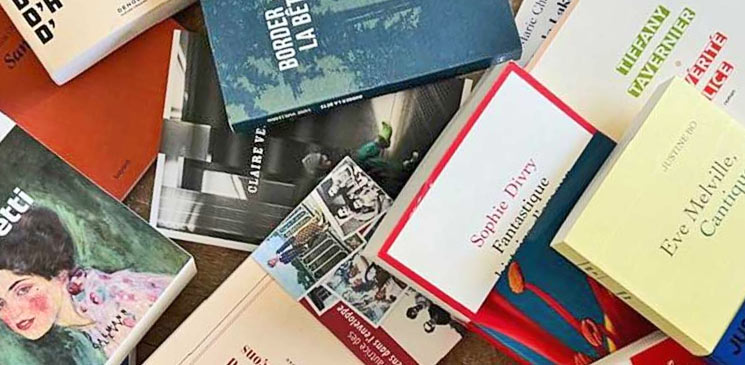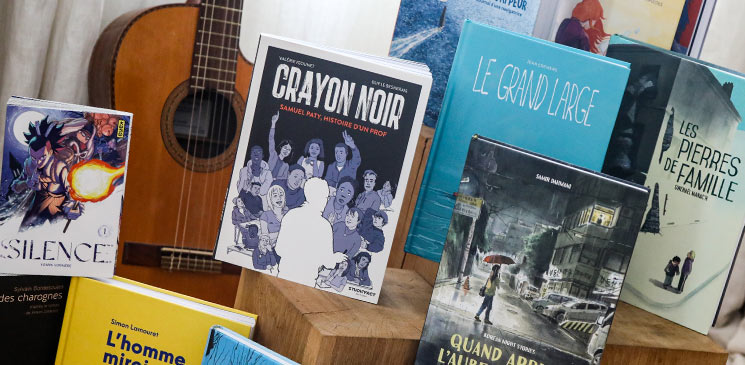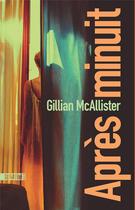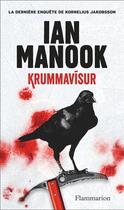-
Nombre de pages : (-)
-
Collection :
(-)
-
Genre :
(-)
-
Thème :
Non attribué
-
Prix littéraire(s) :
(-)
Résumé:
There's no real homecoming for many of our veterans returning from the wars in Iraq and Afghanistan. They may go through the motions of daily life in their hometowns, but the terrible sights and sounds of war are still fresh in their minds. This empathic, inside look into the lives of our combat... Voir plus
There's no real homecoming for many of our veterans returning from the wars in Iraq and Afghanistan. They may go through the motions of daily life in their hometowns, but the terrible sights and sounds of war are still fresh in their minds. This empathic, inside look into the lives of our combat veterans reveals the lingering impact that the longest wars in our nation's history continue to have on far too many of our finest young people. Basing her account on numerous interviews with veterans and their families, the author examines the factors that have made these recent conflicts especially trying. A major focus of the book is the extreme duress that is a daily part of a soldier's life in combat zones with no clear frontlines or perimeters. Having to cope with unrecognizable enemies in the midst of civilian populations and attacks from hidden weapons like improvised explosive devices exacts a heavy toll. Compounding the problem is the all-volunteer nature of our armed forces, which often demands multiple deployments of enlistees. This results in frequent cases of post-traumatic stress disorder and families disrupted by the long absence of one and sometimes both parents. The author also discusses the lack of connectedness between civilian society and military personnel, leading to inadequate healthcare for many veterans. This deficiency has been highlighted by the urgent need to treat traumatic brain injuries in survivors of explosions and the high veteran suicide rate. Bouvard concludes on a positive note by discussing some of the surprising and encouraging ways that the chasm between civilian and military life is being bridged to help reintegrate our returning soldiers. For veterans, their families, and especially for civilians unaware of how much our soldiers have endured, The Invisible Wounds of War is important reading.
Donner votre avis














